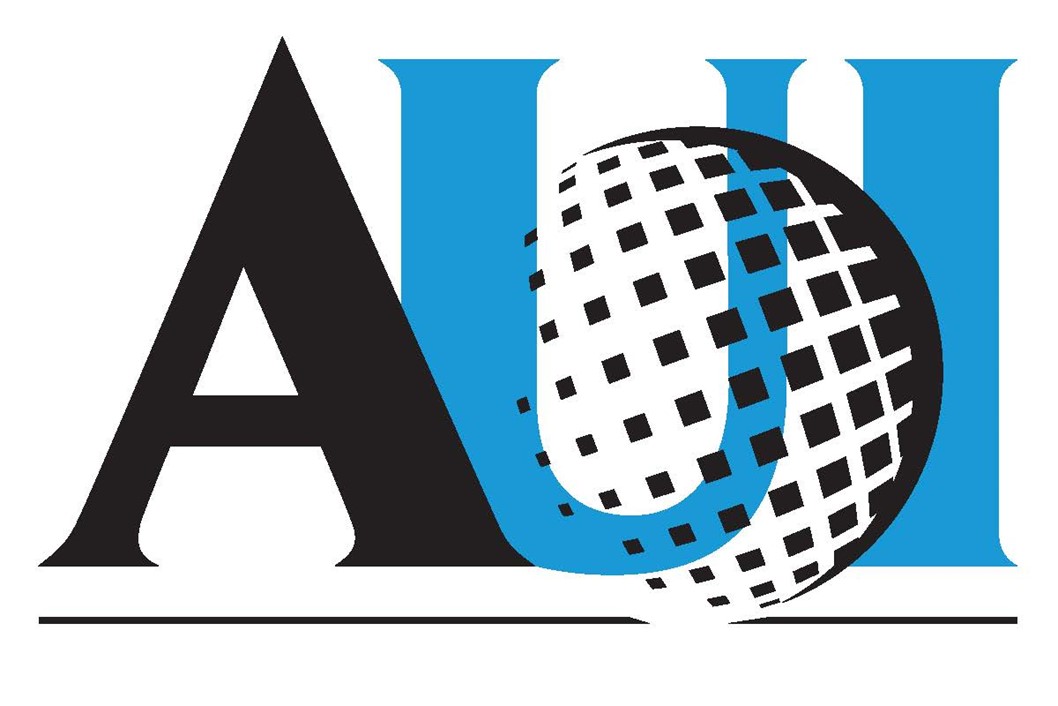A new study connects the black hole’s famous ring of light to a compact region that marks the likely base of the jet, bringing scientists closer to understanding how black holes power some of the brightest beacons in the universe.
Recent News
Magnetic Superhighways Discovered in a Starburst Galaxy’s Winds
Using the Atacama Large Millimeter/submillimeter Array (ALMA), an international team of astronomers has mapped a magnetic highway driving a powerful galactic wind into the nearby galaxy merger of Arp 220, revealing for the first time that its fast, molecular outflows are strongly magnetized and likely helping to drive metals, dust, and cosmic rays into the space around the galaxy.
Making Scientific Breakthroughs Possible in 2025
2025 was an incredibly productive year for AUI, marked by significant advances across astronomy, energy, advanced therapeutics, and STEM education and workforce development.
28 WOMEN in STEM BECAME the FIRST GENERATION of PROVOCA MENTORS

The whole group of mentors present at the certification.
Photo credit: Vectorial Films
As the end of 2021 approaches, we celebrate the certification of 28 women in STEM who became the first generation of PROVOCA mentors, a trained group of professionals and students in science, technology, engineering and mathematics that will provide mentoring to girls and young college students who decide to pursue a career in these disciplines.
The PROVOCA mentors program is an AUI/NRAO initiative, designed and implemented with the support of LideraMujer between May and December of 2021. The program included trainings, coaching sessions, networking meetings, roundtable discussions and a final project that each participant presented in front of their peers. A total of 28 women completed the program and were certified as PROVOCA mentors.
Paulina Bocaz, representative of AUI/NRAO in Chile and leader of the initiative, congratulated the first PROVOCA mentors for sharing their life experiences and opening a path for other women to follow. “This certification represents the completion of a cycle, but is also the beginning of a wonderful journey, in which each mentor will be able to inspire and support underserved students. In 2019, we raised the visibility of female STEM professionals and girls, contributing to breaking down cultural biases. Now that the PROVOCA mentors are certified, our next goal is to introduce them to the community, so that girls and young women from all over Chile can get to know them and find the support they need to pursue a career in STEM. We hope that the power of this network will be exponential,” Bocaz said.
While all PROVOCA mentors are women studying or pursuing a career in STEM, each has a unique life story. Some have suffered terrible losses and have overcome obstacles that seemed insurmountable, whereas others had the support of their families and teachers. However, they all share the mission to forge a future of broader participation and less barriers for girls and underrepresented minorities.
Soledad Candia, executive director of LideraMujer, described the program as a “people-centered experience, distinguished by its inclusive design and systemic perspective, based in co-learning and shared insights. The project consists of more than 350 hours of training. The methodology included a module on self-awareness and empathy, relational skills, operational skills, mobilization and transformation. Without a doubt, this network generated solidarity between the mentors to carry out their collective projects.”

From left to right: Mentors Andrea Araya, Soledad Fuica and Camila Martínez, who are also a part of ALMA
Photo credit: Ítalo Lemus
AUI/NRAO will launch the first call for students interested in participating in a PROVOCA mentorship in April 2022, aiming to attract high school and early college students. The requirements and details of the 2022 mentoring program will be available next March on the AUI/NRAO Chile website.
The proud members of the first generation of PROVOCA mentors are the following: Alexandra Suárez, astronomer; Amelia Bayo, astrophysicist; Alejandra Rojas, astrophysicist; Andrea Araya, linguist and lead documentation specialist at ALMA; Bárbara Sepúlveda, computer engineer; Cristina Figueroa, industrial civil engineer; Camila Navarrete, astronomer; Catalina Arcos, astronomer; Camila Martínez, software engineer; Cecilia Montero, physics engineer; Claudia Gaete, digital and multimedia communicator; Daniela Rojas, graduate in astronomy; Darlene Sobarzo, engineering student; Fabiola Arévalo, cosmologist; Francisca Tapia, master’s student in science specializing physics; Guillermina Ponce, engineering student in industrial automation and control; Javiera Toro, engineering student; Karín Bustamante, civil engineer in mines; Karina Páez, master’s student in information technologies and computer science; Leslie Pedrero, industrial designer; Loreto Bradford, master’s in financial management; Liza Videla, astronomer; María José Ganora, engineering student; Paulina Assmann, physicist; Priscilla Leiva, civil engineering student in mines; Paola Arévalo, civil engineer in chemistry; Tatiana López, engineering student; and Soledad Fuica, electronic civil engineer.

Mentors Liza Videla, Bárbara Sepúlveda and Loreto Bradford, who are also a part of ALMA.
Photo credit: Ítalo Lemus
About PROVOCA:
PROVOCA is an AUI/NRAO initiative that aims to increase the participation, retention and promotion of women and other underrepresented minorities in STEM. It began in 2019 by raising the visibility of female role models in STEM through a communications campaign (original web series is available at https://nrao.cl/iniciativas/provoca/).
The mentoring program seeks to broaden the reach and impact of PROVOCA with underserved students.
Recent News
New Event Horizon Telescope Results Trace M87 Jet Back to Its Black Hole
A new study connects the black hole’s famous ring of light to a compact region that marks the likely base of the jet, bringing scientists closer to understanding how black holes power some of the brightest beacons in the universe.
Magnetic Superhighways Discovered in a Starburst Galaxy’s Winds
Using the Atacama Large Millimeter/submillimeter Array (ALMA), an international team of astronomers has mapped a magnetic highway driving a powerful galactic wind into the nearby galaxy merger of Arp 220, revealing for the first time that its fast, molecular outflows are strongly magnetized and likely helping to drive metals, dust, and cosmic rays into the space around the galaxy.
Making Scientific Breakthroughs Possible in 2025
2025 was an incredibly productive year for AUI, marked by significant advances across astronomy, energy, advanced therapeutics, and STEM education and workforce development.
